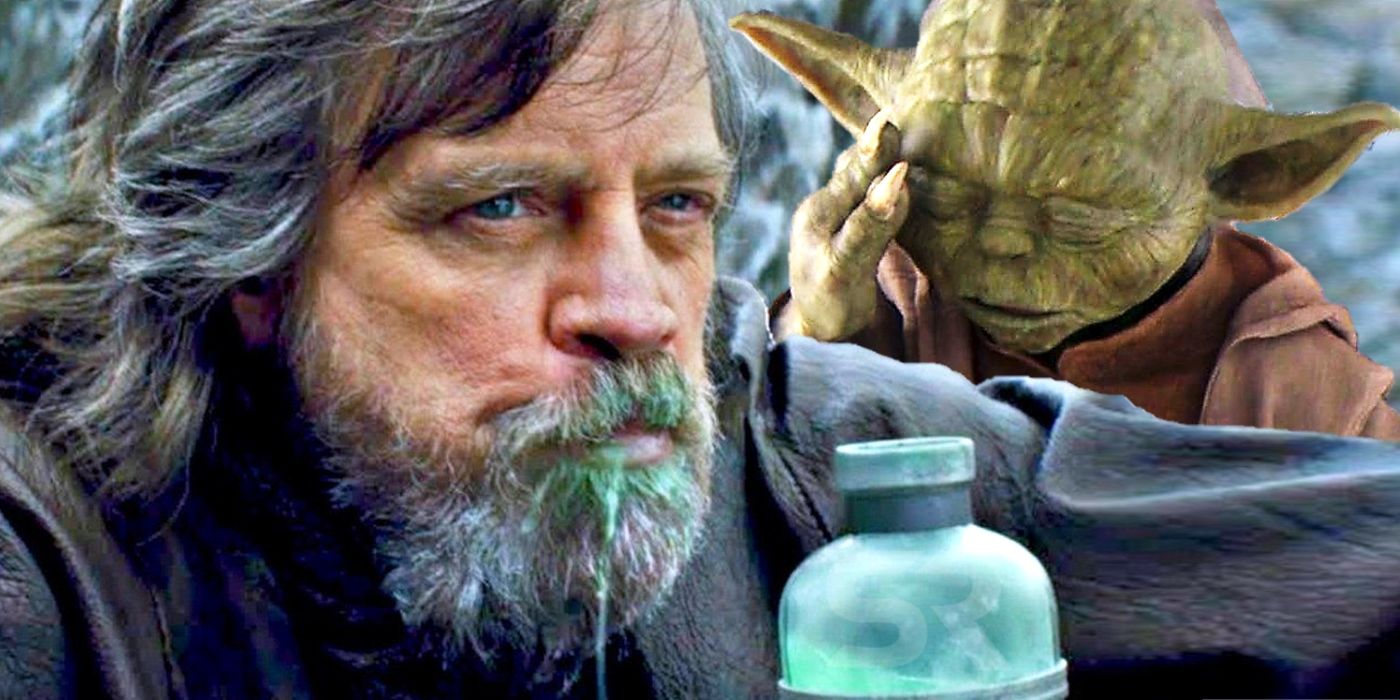
Even Disney feels there was too much Star Wars too soon, and they're right to pump the brakes and slow down. Back in 2012, the Mouse House shocked the entertainment industry by acquiring Lucasfilm for the grand total of $4 billion. Of course, new Star Wars movies were part of the deal, and the studios went to work on developing an entire slate that would see annual releases. The Skywalker saga would continue with a sequel trilogy set decades after Return of the Jedi, and there would also be standalone spinoff films that explored other corners of the galaxy far, far away.
As we approach the end of what is essentially Lucasfilm's "Phase 1," the Star Wars franchise is in a very interesting place. The Last Jedi continues to divide fans as the polarizing debates rage on more than nine months after the fact, and this summer's Solo has the unfortunate distinction of being the first Star Wars movie to lose money at the box office. Currently, there are no confirmed Star Wars release dates after Episode IX in December 2019, raising questions about the brand's future. Disney CEO Bob Iger made headlines recently when he said there would be a "slowdown" of Star Wars movies, and that's arguably for the best.
How Disney Rushed Star Wars
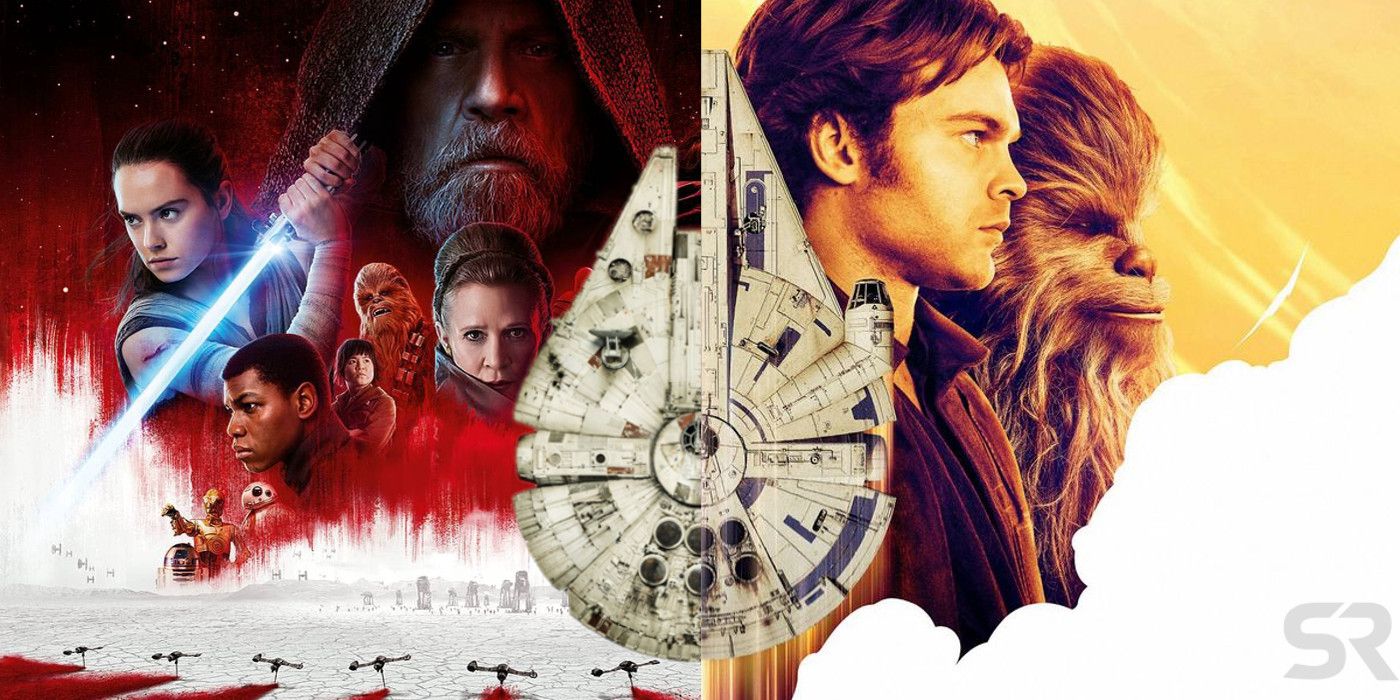
Under George Lucas' watch, there were six live-action Star Wars films released in a 28-year period. Sixteen long years separated the end of the original trilogy and the beginning of the prequel trilogy. And in both instances, the installments were released three years apart. This allowed anticipation for each entry to grow, as the arrival of a new Star Wars movie was seen as a significant pop culture event. Even with the prequels earning mixed reviews from critics and fans, they all grossed over $300 million domestically and turned a healthy profit. The Phantom Menace still ranks in the top 15 on the all-time box office charts with $474.5 million.
Simply put, Star Wars' cinematic input increased exponentially in the Disney era. Four years bridge the premiere of The Force Awakens and the debut of Episode IX, and J.J. Abrams' finale will be the fifth new Star Wars movie released in that span. Disney has almost equaled Lucas in just a fraction of the time, churning out content at a rapid pace. Disney may have felt they had another Marvel Cinematic Universe on their hands when they got the Star Wars rights, but those properties are created very differently. Whereas Marvel has a plethora of comics titles with decades of publication histories to exploit, Star Wars is just... well, Star Wars. The anthology films tried to incorporate other genres in the Star Wars formula, but Rogue One and Solo still had the "feel" of classic Star Wars.
Related: Forget the Jedi, It's Time For Star Wars Movies To End
There also may have been a miscalculation on Disney's part in regards to what Star Wars stories would generate interest. Obviously, Episode VII was a guaranteed hit, but they seemingly chose the wrong narratives when it came to the spinoffs. Most of the concepts that were discussed lacked a clear hook for audiences, instead playing on the nostalgia of seeing original trilogy favorites again (i.e. "young Han Solo," "Obi-Wan on Tatooine"). There's a reason that after Solo underwhelmed, Lucasfilm put other character-based anthologies on hold.
Disney Rushed Intro Controversy, Too
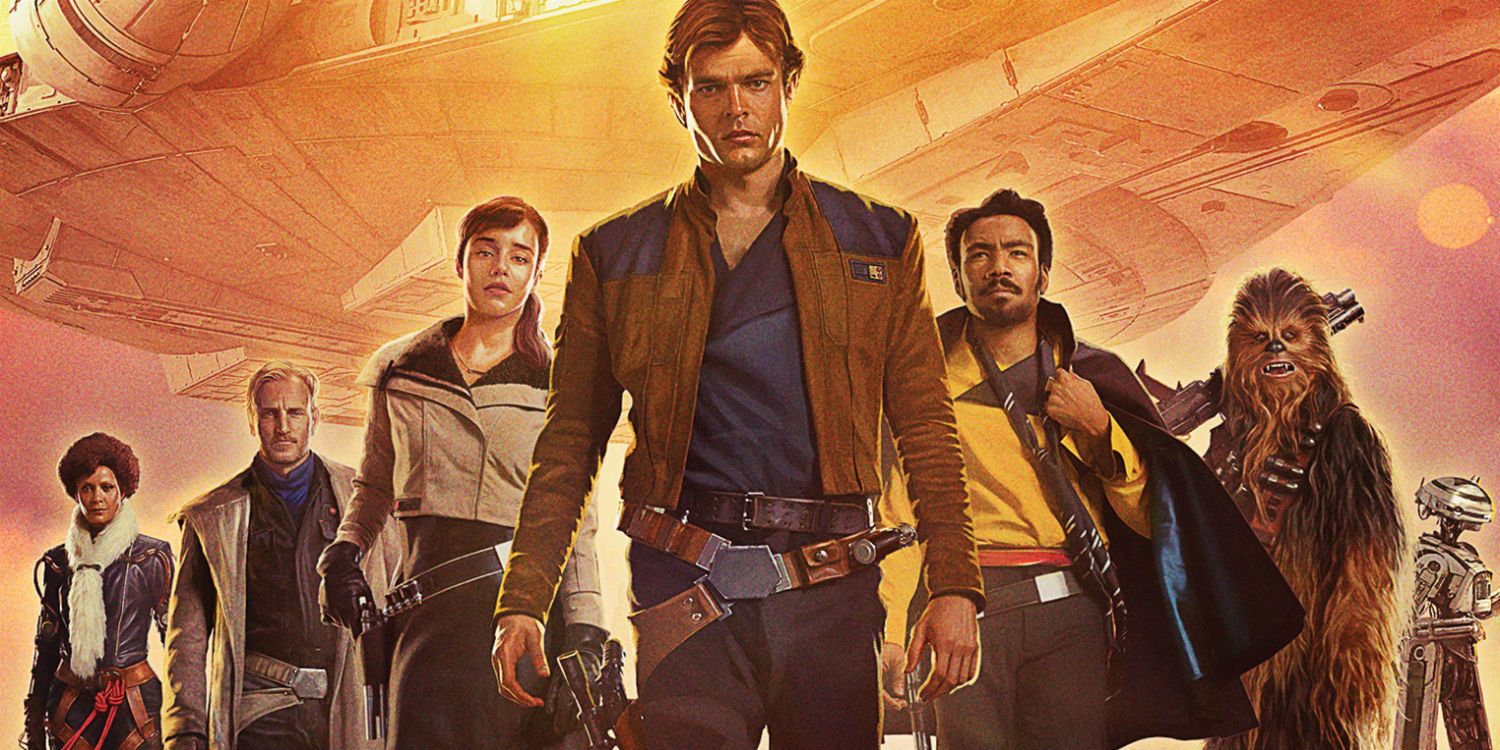
It's one thing to ramp up production on Star Wars movies and make them annual occasions, but Disney's own stubbornness brought them to this point. As many people know, Solo had a rather unusual production, with Ron Howard replacing original directors Phil Lord & Chris Miller towards the end of principal photography. Howard basically reshot the entire movie, which doubled Solo's budget to a whopping $250 million. Disney had no issue reaching into their deep pockets to give Lucasfilm the necessary funding to fix the movie, but they put their foot down when it came to other aspects.
When it became apparent Solo needed a massive overhaul, Lucasfilm requested a release postponement to December 2018, but Disney (already irritated by previous Star Wars delays) rejected the idea. Solo had to make its May 2018 premiere, and the film wouldn't get any extra help from Disney's marketing department. The Mouse House wanted to give Avengers: Infinity War (which hit theaters a few weeks before Solo) all the attention and didn't start promoting Solo until early February with a Super Bowl TV spot and teaser trailer. Many people pointed to the lackluster advertising campaign (rather than film quality or franchise fatigue) as the main reason why Solo tanked commercially. There's still hope it could break even via home media sales.
Solo completely changed the narrative around Star Wars. Its three Disney era predecessors all earned more than $1 billion worldwide and were the highest-grossing films domestically in their respective years of release. Last Jedi discourse was toxic, yes, but all of the new movies were critical and commercial smashes, and backlash doesn't have a real impact at the box office. Solo's failure, however, was the first real crack in the armor and proof even something as venerable and popular as Star Wars could fail if not handled properly. A move to a less competitive window may have led to different results, and even if Solo wasn't 2018's top movie (Black Panther clinched that title long ago), it may have ended its run in the black. There's no denying Solo was a misfire and gave Lucasfilm valuable lessons to take into the future, but Star Wars isn't dead.
Page 2: What is Disney's Star Wars Future?
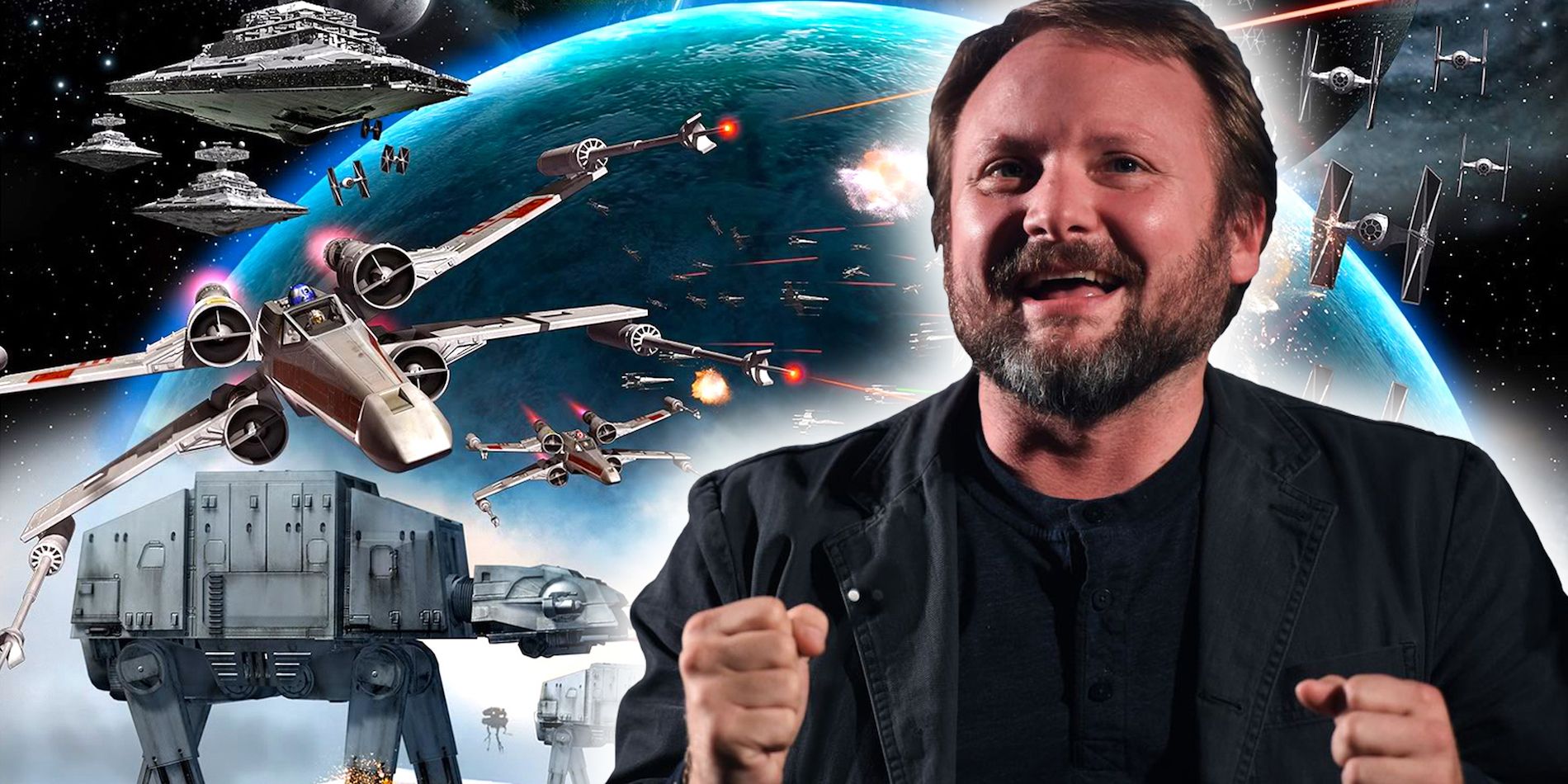
Disney's Star Wars Future
Star Wars should benefit greatly from the 19-month gap between Solo and Episode IX, with the fans enjoying a nice reprieve from the property being in the spotlight. There will also be a proper build-up to Star Wars 9 (the end of the Skywalker saga) thanks to an expected extended marketing campaign that'll replicate the strategies for Force Awakens and Last Jedi. With Star Wars Celebration taking place in April 2019, there should be an Episode IX panel with a trailer, kicking off an eight-month countdown to a ballyhooed premiere.
Beyond that, there's no shortage of Star Wars content in the pipeline. On the film side of things, Rian Johnson will get to work on his standalone trilogy once he completes his mystery thriller Knives Out, and Game of Thrones' David Benioff & D.B. Weiss are developing their own movie series. The galaxy far, far away will have a major presence on the small screen, with Jon Favreau's live-action TV show debuting on Disney's streaming service next year. There's also the long-awaited opening of the Galaxy's Edge theme park in 2019 at Disney's Florida and California locations, which will provide fans with an immersive experience they only dreamed of until now. The park will be busy year-round, generating a massive amount of revenue. Clearly, Star Wars isn't going away anytime soon and it remains an integral part of the Disney empire.
Related: Disney Is Smart To Take A Break After Solo
With regard to the movies, the biggest question is when they will release. Things could change, of course, but a realistic estimate would be 2022 at the earliest. It's becoming increasingly unlikely Lucasfilm releases a new film in 2020, and they have the long-gestating Indiana Jones 5 on deck for 2021 (so far, they've stuck to one tentpole per year). Johnson's Knives Out starts production in November and Benioff & Weiss are still working on the final season of Game of Thrones (which should air next year). So, headway on either of the new movie series will be limited until the principal creative players are completely free. In his recent comments, Iger mentioned other "sagas" being worked on, so the studio definitely still intends for these to see the light of day.
Why A Star Wars Break Is A Good Thing
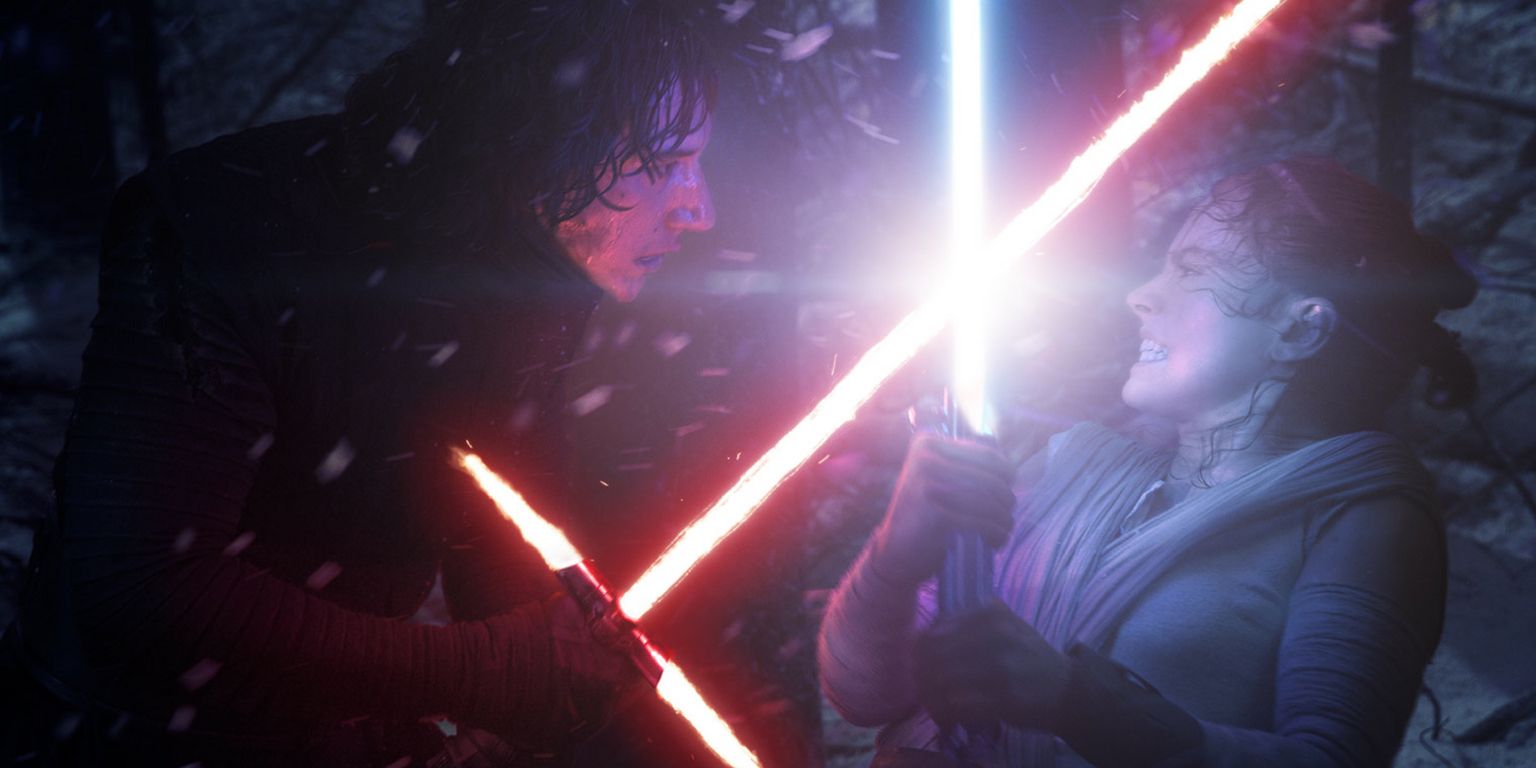
Star Wars going on hiatus for a few years can only help matters. For starters, the impact of Episode IX being "the end" won't be lessened by the release of another film on the horizon. There will obviously be more Star Wars movies after 2019, but the conclusion of the Skywalker saga deserves all the attention before another story begins. Last year, there were rumors suggesting a Star Wars break after Episode IX was in the cards all along - an intentional move by Disney to "starve the market" and increase demand and anticipation for the next film several years later. An argument can be made Star Wars is at its most harmonious when it isn't around, and few things beat the excitement of a Star Wars drought coming to an end (see: the hysteria around The Force Awakens).
In the interim, the Lucasfilm story group will spend their time focusing on other areas of the brand, which aren't under nearly as much scrutiny as the movies (case in point: the novel Last Shot includes a scene where a baby Ben Solo is almost killed by a protocol droid, which would have been widely criticized if it happened in a film). Much like the dark ages post-original trilogy, there will surely be new books and comics to placate the die-hard fans, fleshing out aspects of canon in ways the films never could. The best thing about these materials is that they're basically supplemental; casual audiences need not be familiar with every nook and cranny of Star Wars history to understand the films, but they're available for those who want more Star Wars in their lives.
Favreau's TV show is a bit of a wild card, as it'll likely be more high-profile than your average Star Wars novel. Still, its audience will probably be considerably less than what the movies are accustomed to. If Marvel's history is anything to go by, the films break box office records, while the TV shows struggle in ratings. The incentive behind producing a Star Wars series is clear, but odds are it won't seize the zeitgeist on a massive scale. Animated shows like Clone Wars and Rebels have dedicated followings and still reach only a sliver of people who consider themselves to be Star Wars fans. The movies taking a break mean the galaxy far, far away will largely fade from the public eye, before the first post-Episode IX movie becomes an event. With Star Wars, the movies are always a bigger deal.
-
Especially with the impending merger with Fox (which brings Avatar, X-Men, and Fantastic Four to the Mouse House), Disney is on the verge of competing with itself on a year-round basis. Of course, all their subsidiaries want as much success as possible, which makes smart business management a must. As Disney and Lucasfilm plot the next course for Star Wars, they need to carefully plan each movie, ensuring it's positioned in a lucrative release window and is marketed properly (hiring the right directors at the jump would also help). Depending on what's best for the company, maybe some years will be Star Wars free. It may seem odd to think of it like this now, but Solo could be a blessing in disguise - serving as the wakeup call the studios needed as they guide Star Wars into an exciting new era.
More: No, Disney Isn't Killing Star Wars
from ScreenRant - Feed https://ift.tt/2puqMno

0 Comments